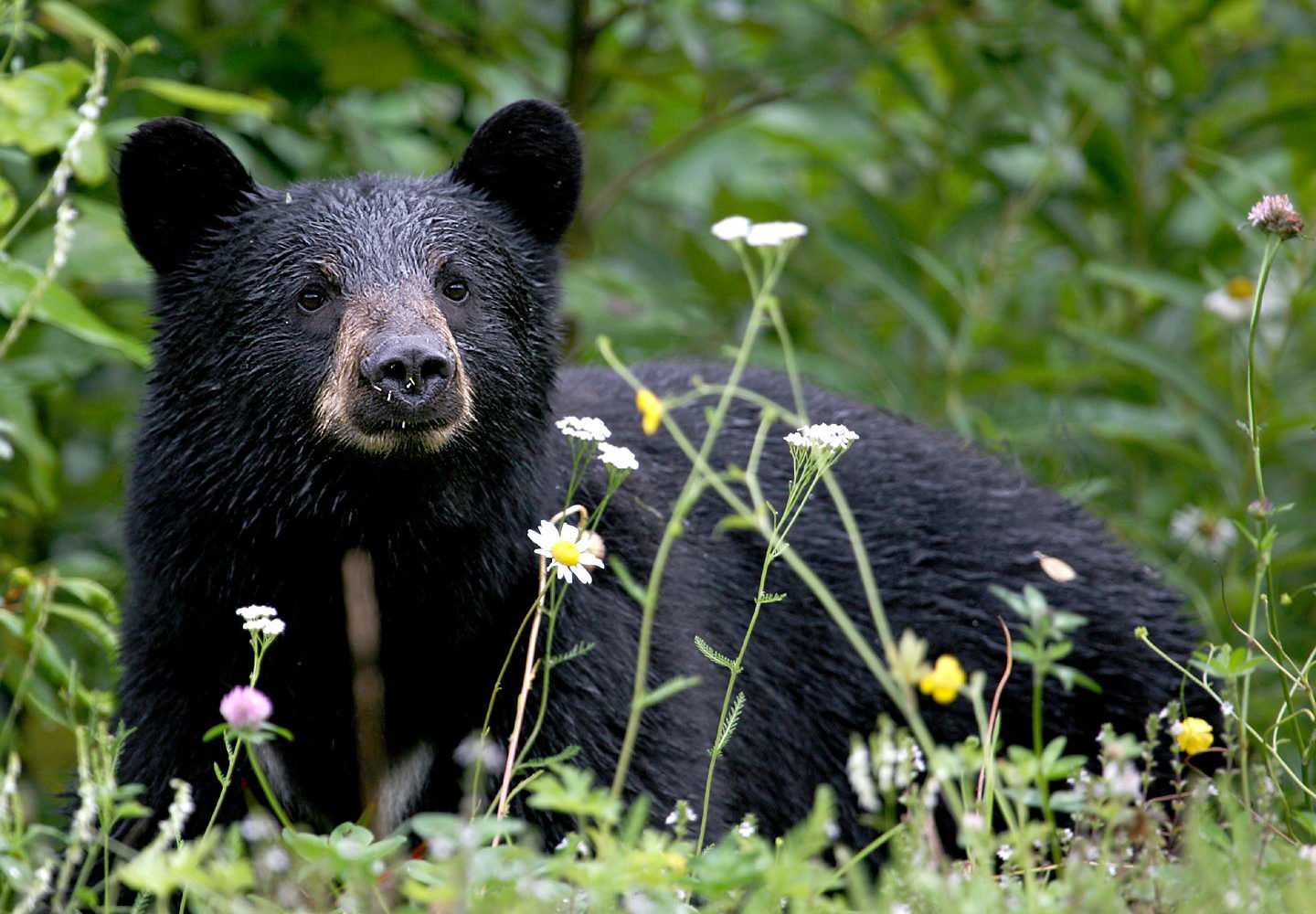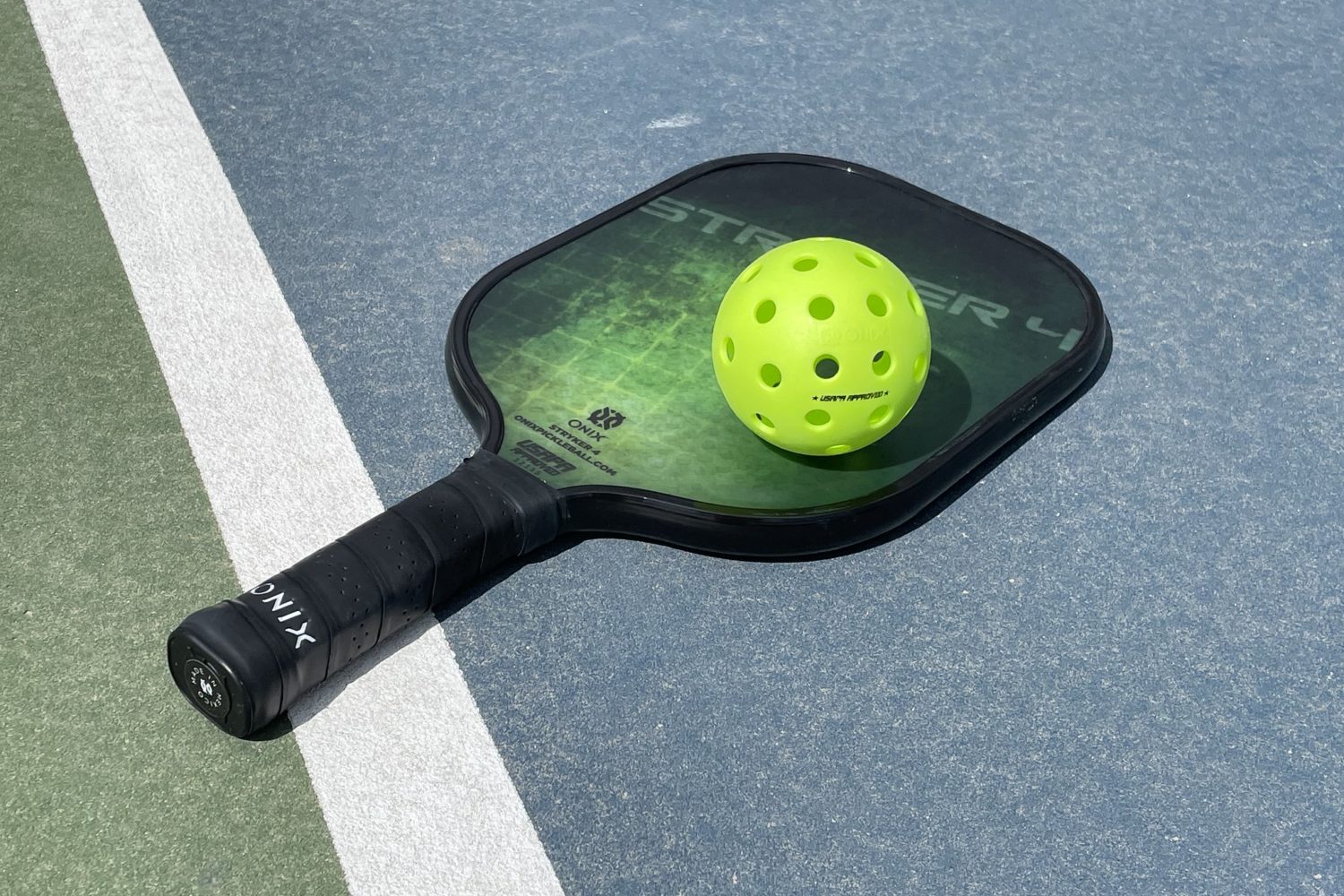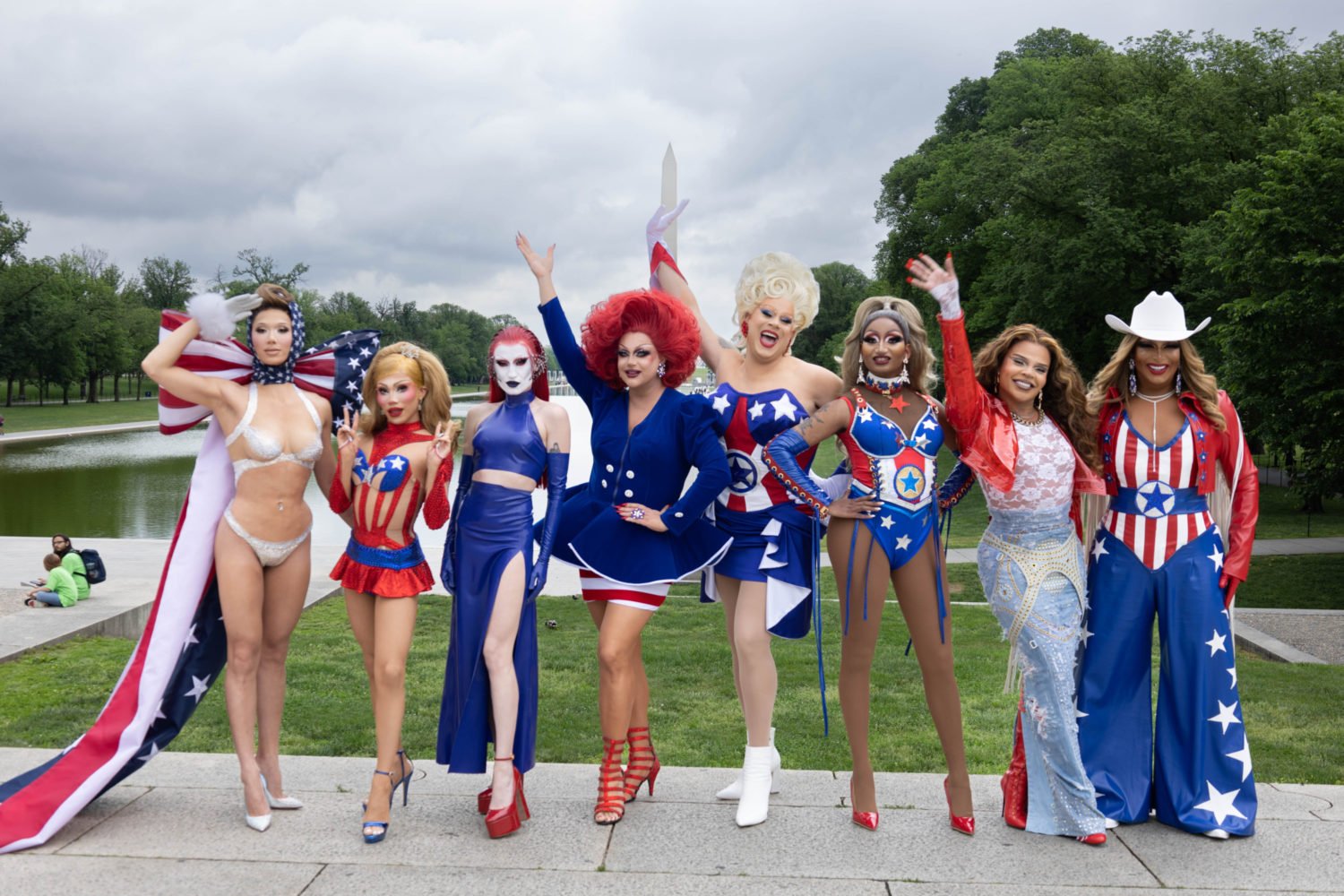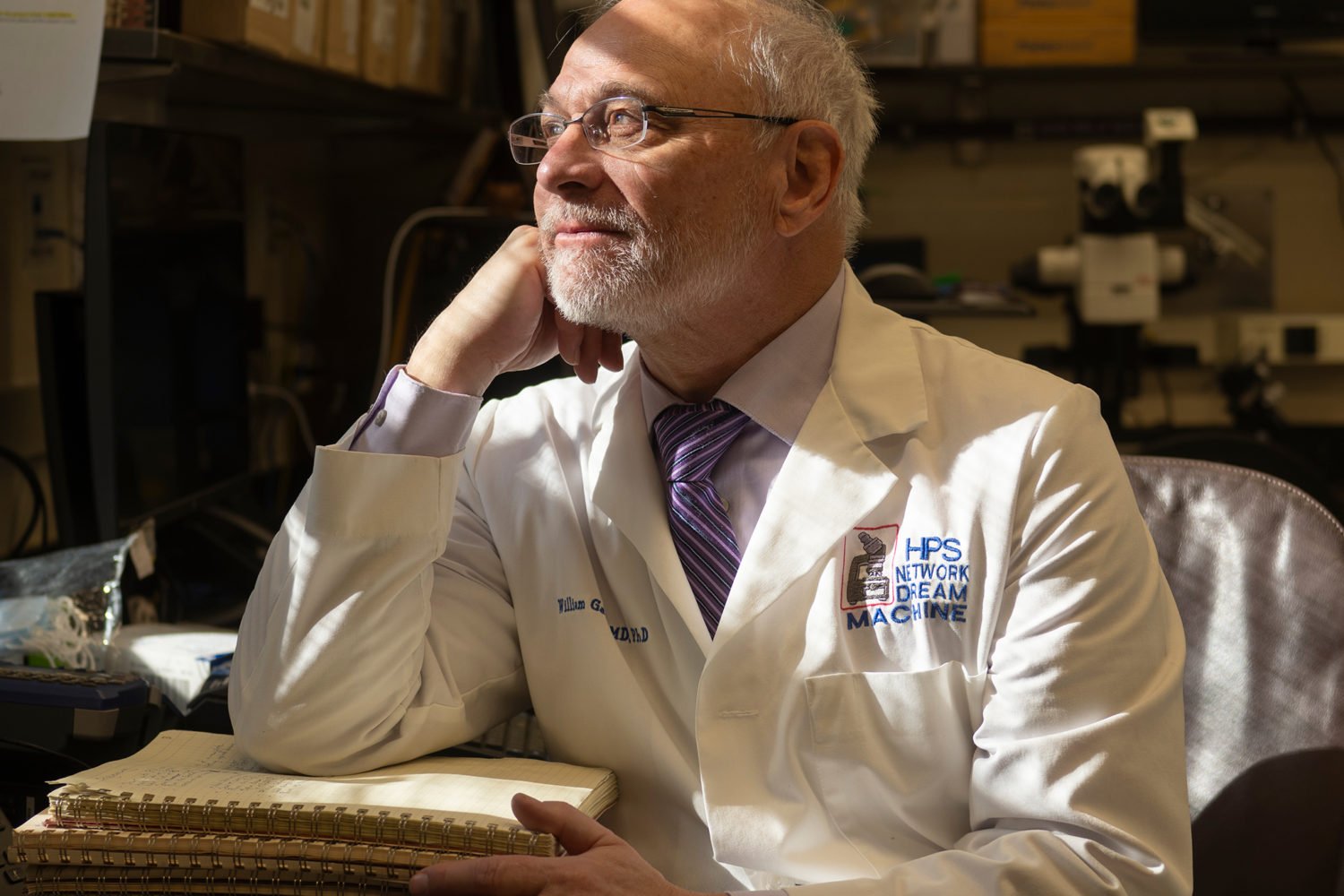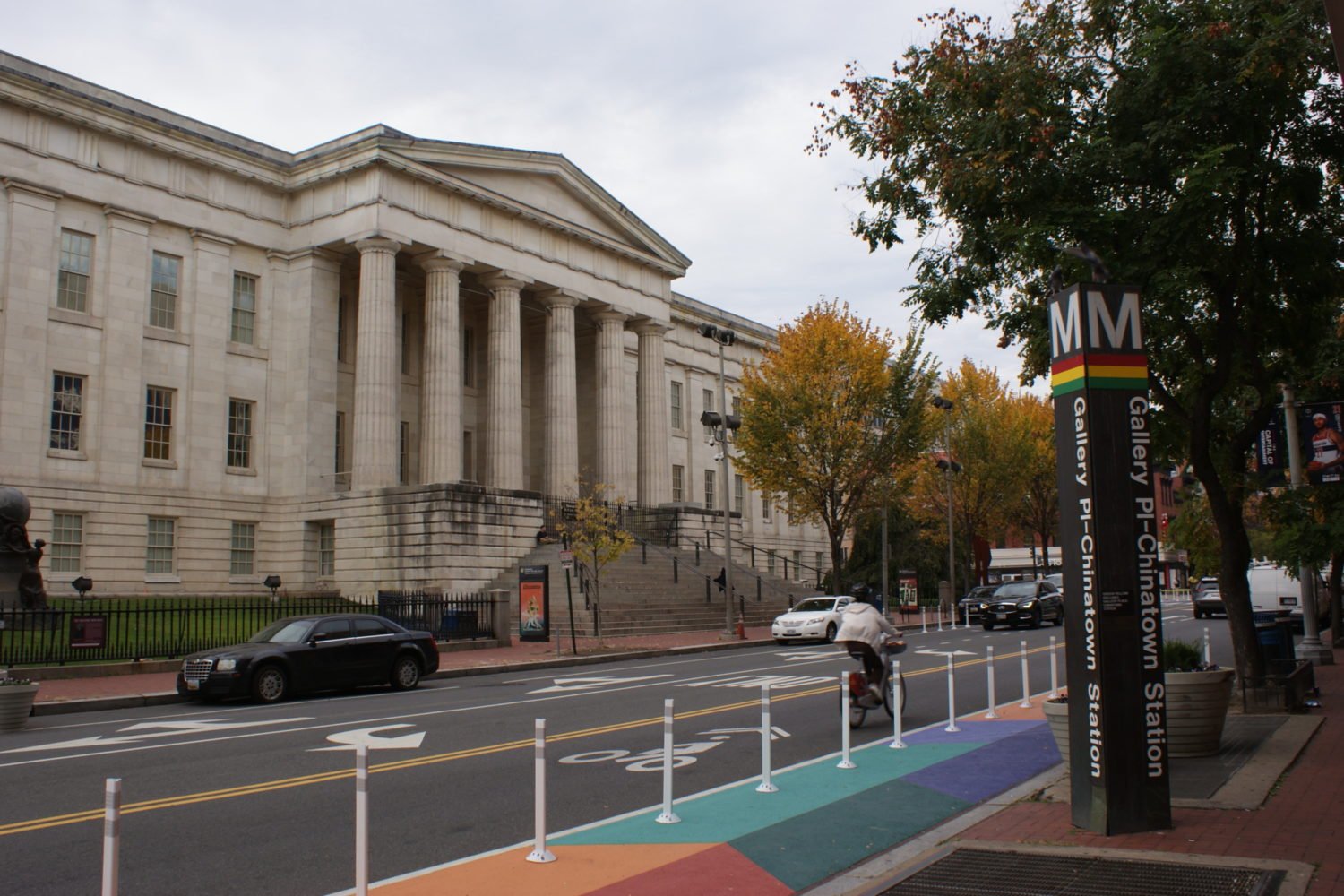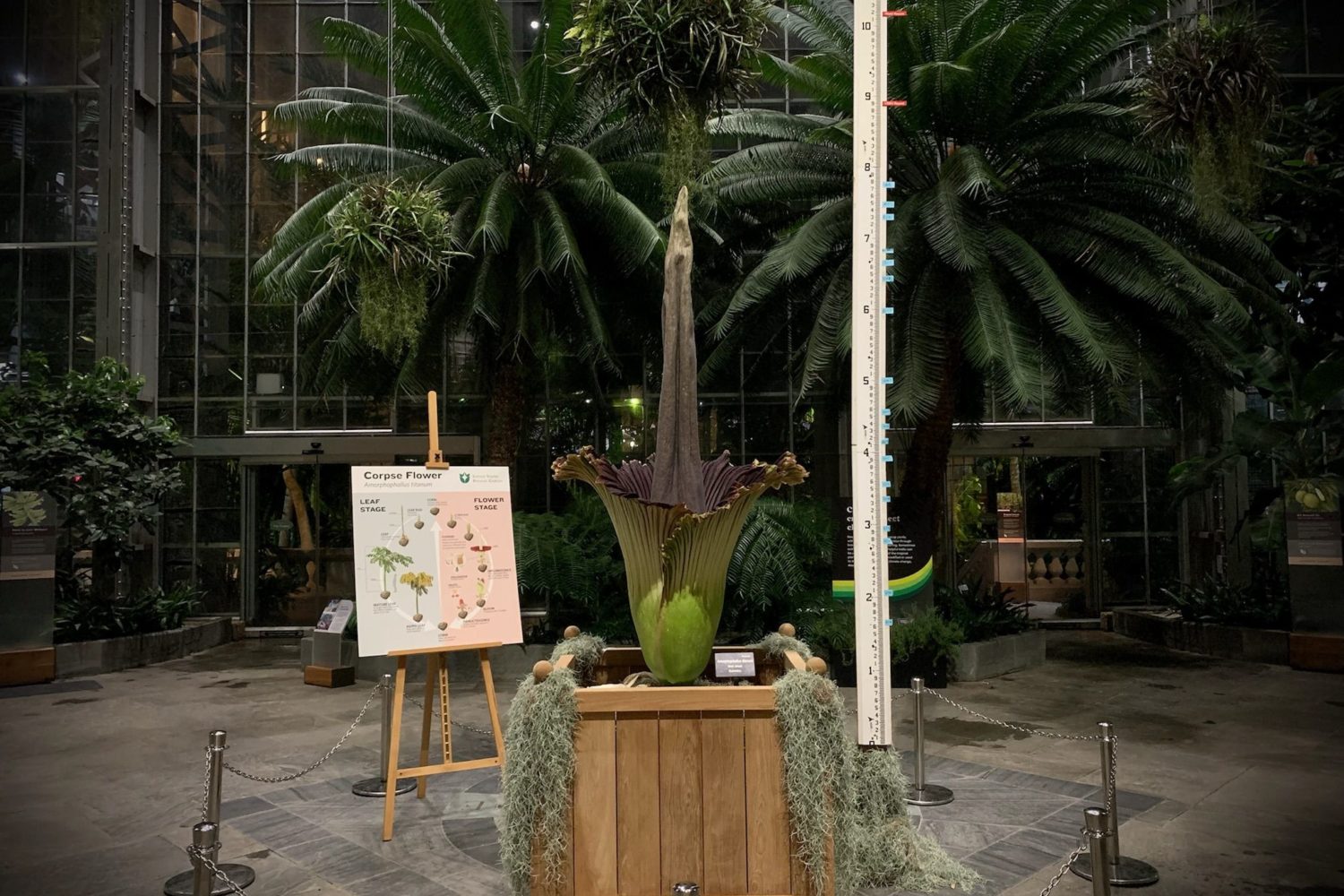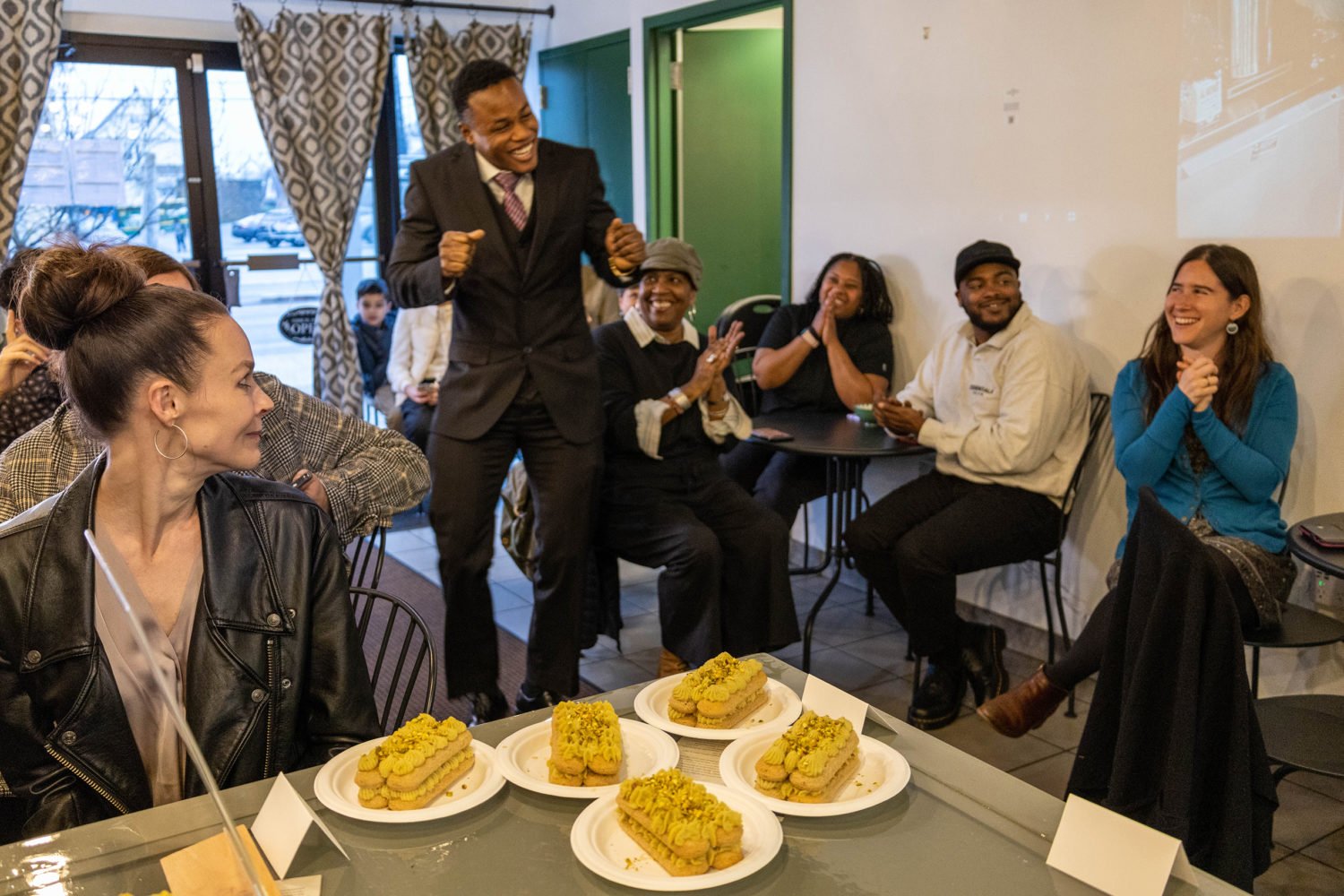A misty rain is falling outside the tall windows, but the wet weather matters little to the kids inside. Minutes after arriving at the DC studio, they are bopping to music blaring from a boom box and passing the mike off to one another for solo raps.
Power can be a great thing, that's why we rap and choose not to sing, they chant to a steady beat. You can feel the power the kids are talking about, as they perform a hip-hop theater piece they wrote, centered around their ideas.
This is their space.
And Toni Blackman, a 28-year-old hip-hop artist, has brought them into it–as she has with more than 700 artists since 1994. That year she founded the Shaw-based Freestyle Union to train young people to use hip-hop lyrics to promote social action and to elevate the music through educational workshops.
Hip-hop has come full circle since it was started in New York about 20 years ago by street kids mixing the beats of soul, funk, reggae, and disco with improvised lyrics.
For years, hip-hop was written off as a fad and branded as too violent. In the '90s, hip-hop's appeal picked up among teens as it crossed racial lines to become the music industry's top-selling genre. Today, 70 percent of hip-hop albums are bought by whites.
Blackman draws a solid line between rap and hip-hop. Rap, she says, is what the music industry created–angry and violent, giving voice to those with something mostly negative to say. Fans of hip-hop think of themselves more as urban poets–rappers with a positive message. "I've had friends who were not given record deals because their music was too happy," says Blackman, a graduate of Howard University's organizational communications master's program. "Rap has been shaped by the music industry, and in the music business there is little artistic integrity."
In its basic form, the art of hip-hop lies in the manipulation of the spoken word. Blackman promotes lyrics that give voice to urban blight without the "bitches and hoes" and "money is power" sentiments of many rap songs.
Maud Arnold, a 13-year-old, steps forward to freestyle her solo.
"Negativity, niggativity, what's the difference?" Maud raps out to empty bleachers lining the studio's wall. Blackman is standing on the sidelines, clapping and nodding her head to the beat. She knows the kids are getting it.
A few days later, Blackman is moderating a panel as part of the Washington Performing Arts Society's six-week festival "Words, Beats, and Movement: The Forces of Hip-Hop." About 20 people–most are MCs, or lead singers in a hip-hop group–are at the Saturday-morning event. She's the only woman on the panel.
"It is a struggle to be a female hip-hop artist," she says.
In Blackman's Freestyle Union workshops, only 5 percent of the participants are women, and fewer than that will take the mike during a freestyle cipher–a circle of MCs taking turns to improvise rhymes to a beat.
To take part, MCs agree to follow a few rules: no hogging the floor, no misogyny, and no battling, trying to outrap the other.
"A lot of what these sessions do is help people heal. Many of these kids have no other outlet for their emotions," she says, admitting that freestyle hip-hop is intense when MCs let their anger and confusion go. "At times it starts to feel like group therapy."
Or community therapy. Blackman is often asked to give presentations at community centers and schools across the city. St. Albans School asked her to do a workshop last year.
"There is a need for hip-hop education in all income and racial areas," says Blackman. "I go where I get calls."
In November, Blackman went to South Africa, where she spent six weeks training hip-hop artists to promote positive messages. In the spring, Blackman will be the first hip-hop artist in residence at the University of Michigan's music department.
"I think a lot of people are just happy to see someone doing something positive with hip-hop," she says.
With her signature crown of short dreadlocks, Blackman often takes her act to the stage–as an MC and as an actress.
Blackman wrote and played the lead role in "The Hip Hop Nightmares of Jujube Brown," a theater piece about a young black man who kills a cop. It was performed at Arena Stage.
Last summer, Blackman's group, Daughters of the cipHer, was one of the opening acts for pop stars Sarah McLachlan and Sheryl Crow at the Columbia stop for the Lilith Fair–a music festival of women artists. The highlight for Blackman came during the finale when McLachlan asked her to sing the bridge to the song "Put a Little Love in Your Heart."
"That was the first time I felt that high. I said, 'Put your hands in the air,' and 17,000 hands shot up," Blackman says.
Blackman's CD has yet to be picked up by a label. But with the success of Lauryn Hill, who took home five Grammys last year, record executives may be more interested in signing woman hip-hop artists.
"Lauryn Hill is someone who is doing it," says Blackman, "Young African-American girls can see themselves in her."










